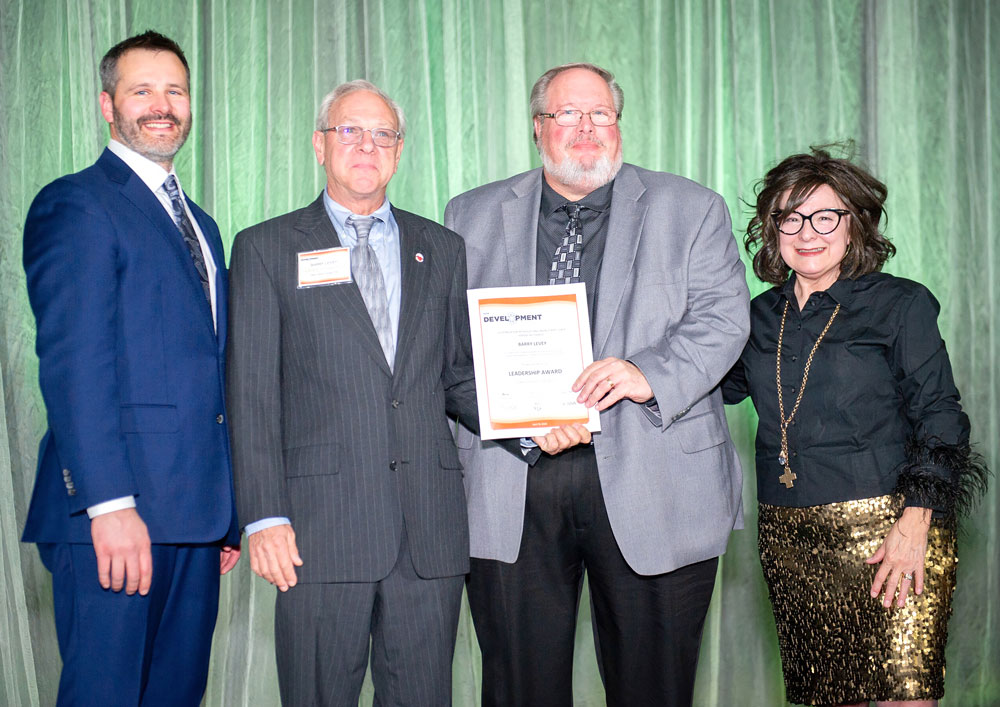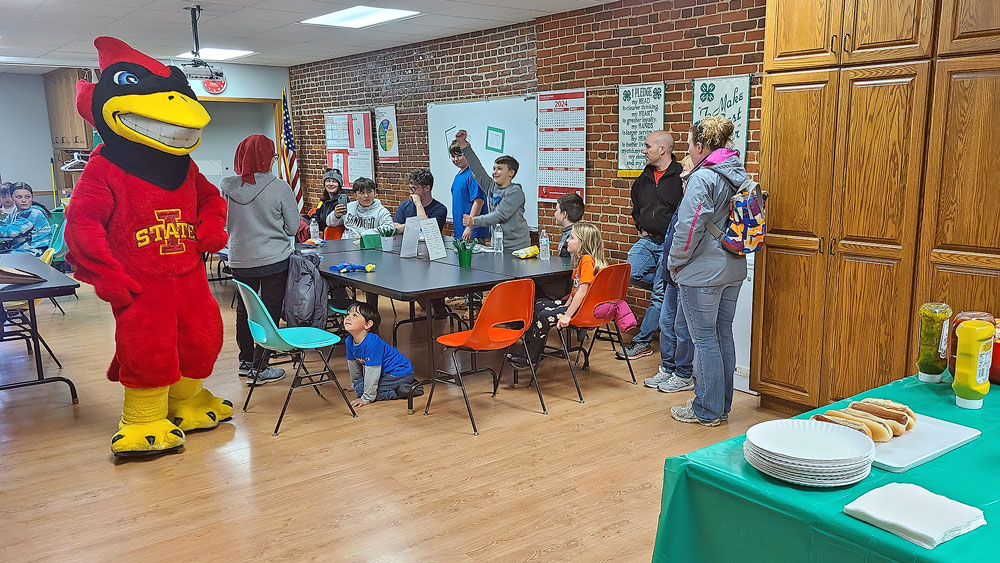Floyd County supervisors appeal state order to reduce property tax collection over resolution error
By Bob Steenson, bsteenson@charlescitypress.com
The members of the Floyd County Board of Supervisors say they knew exactly what they had intended doing when they passed a maximum tax resolution in early March and the county budget later in the month.
Even the people who were opposed to the property tax increases that were included in the budget knew what the numbers were, they said.
The fact that what Supervisor Chair Linda Tjaden called a “typographical error” occurred in the resolution on the maximum tax shouldn’t mean that the county loses out on more than a million dollars in property taxes it had planned on in the next fiscal year, the board said at a special meeting Monday morning.
The supervisors approved sending a letter to the State Appeal Board, asking that it revisit a decision issued a week ago that ordered a $1.184 million reduction in property tax collections for the new fiscal year beginning July 1, after identifying the error in the county “max tax” resolution.
Tjaden said there was some urgency, both because of a deadline on when appeals to the State Appeal Board decisions are due, and because of how quickly the new fiscal year is approaching.
The board approved sending a five-page letter that had been composed by County Auditor Gloria Carr, who has said she made the error in the wording for the proposed max tax resolution by copying down figures from the wrong column on a form.
Instead of putting the proposed figures for the new fiscal year in the resolution, she had copied the figures for the current year — meaning no property tax increase in the general services and rural services part of the budget. None of the board members had caught the error when approving the resolution.
The error had been identified when the staff for the Iowa Department of Management had been going over county budget figures that had been submitted as part of an appeal by county residents of the county’s new budget.
The appeal had been forced by a petition filed by residents mostly concerned with increased spending on the new law enforcement center and courthouse updates project, spending that has grown about $5 million beyond the $13.5 million that was approved by voters in a bond referendum.
The State Appeal Board ruled that the persons petitioning for the budget review had not proved that the supervisors had acted inappropriately, that the methods the supervisors were using to pay for the additional cost were legal and that the increase in the county budget had been justified by the supervisors’ evidence.
But finding the error in the max tax resolution and ordering the property tax collection cut introduced an unexpected twist to the process.
Carr’s letter to the State Appeal Board — which she said would be emailed Monday — goes through the county’s budget process, listing all the times the correct max tax numbers had been used in publications, at public hearings and in discussions among board members as they worked on the new fiscal year budget.
Of special importance, she wrote, is the fact that the max tax resolution included the correct percentage increases for the property taxes, even though the dollar amounts were incorrect.
After a public hearing on the max tax proposal that lasted almost two hours, “Attendees exited the hearing knowing the board had every intention to move forward with the (law enforcement center) project and the position to do so would require the proposed increase in tax rates,” she wrote.
In discussions by the board after the public hearing, they referred to the percentage increases, not the dollar amounts, Carr wrote.
State law says that a county can’t collect property taxes “in excess of the estimate published or the applicable amounts specified in the resolution.”
The published estimates included the correct figures, Carr wrote, and she asked that the State Appeal Board consider that the word “amounts” in the Iowa Code be recognized as referring to the percentage increases rather than the dollar amounts.
Carr also listed the impact that reducing the property tax collection would have.
“Reducing $1,142,035 in General Services and $42,264 in Rural Services tax asking in the FY2022 budget would no doubt have an impact on completing the courthouse areas of the project, would cause inefficiencies in critical operations, would cut services to residents to some degree which even the protestors do not want to see, but more importantly would impact the safety and security to the public, employees, and inmates,” she wrote.
“There is no doubt that halting this project would cost more in the long run,” she wrote.
Supervisors said they have heard suggestions that some of the property tax loss could be made up in the $3 million or so that will be available to the county through the American Rescue Plan, but it’s questionable whether the county could come up with expenditures that qualify that could take the place of the property tax asking.
Supervisor Roy Schwickerath said, “I would hope that the state board would not look at the American Rescue Plan as a solution to this, that they would look at this as this is a separate issue. Is it a legitimate request? And if so, they would take action based on that.”
Tjaden said, “I just want to make sure that this is a separate issue and I’m hoping that they will recognize it was a typo and that we all knew consciously what we were doing, what we were approving, but we didn’t look and didn’t see the typo, and that they’ll approve us to go ahead and … correct it.”
Carr said the State Appeal Board will decide within 20 days of receiving the letter whether or not they will schedule a rehearing. If the board did accept the appeal it would not necessarily take place within that 20 days.
The State Appeal Board members are the director of the Iowa Department of Management, the state treasurer and the state auditor. Staff from those offices typically review evidence submitted at hearings or in appeals and make a recommendation to the board.









Social Share